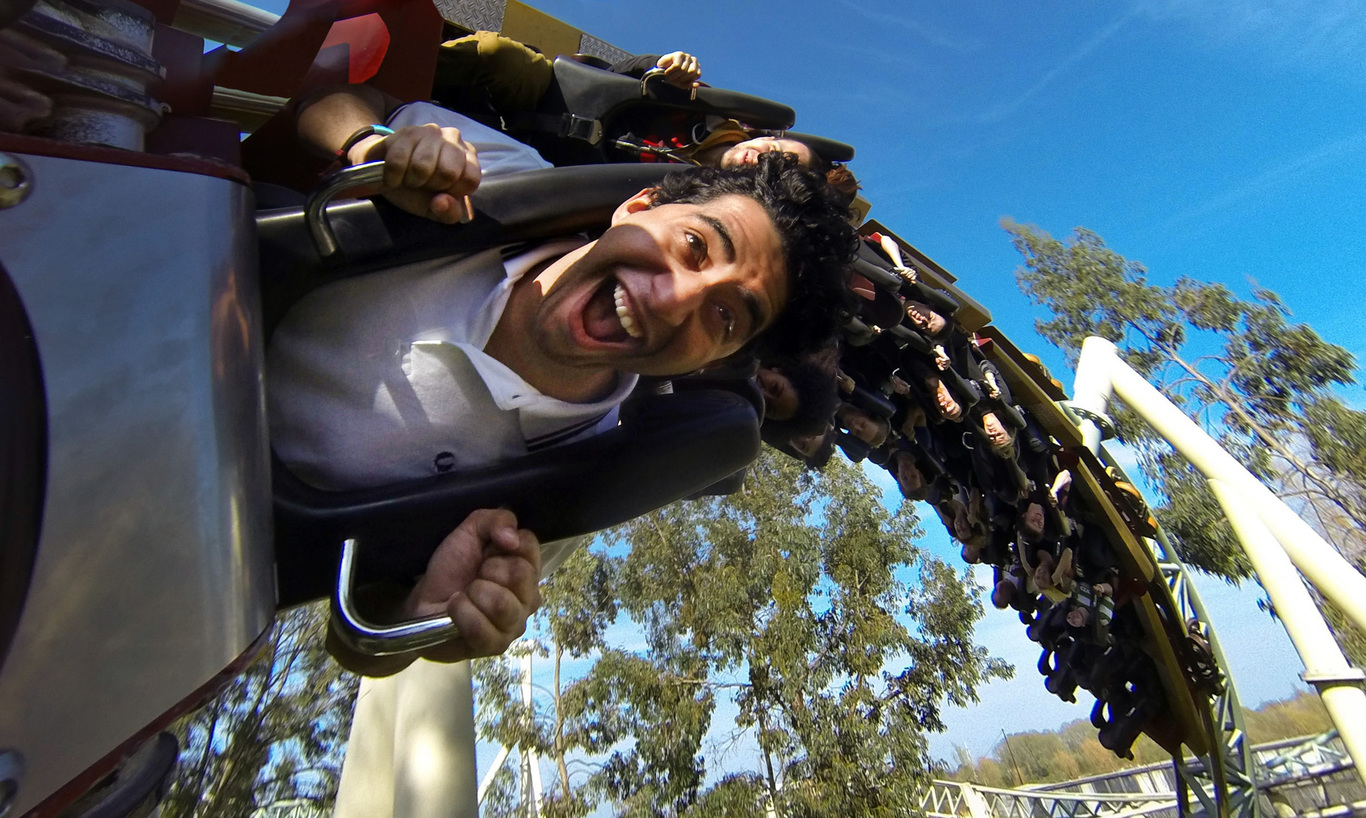10 things you should know before jumping on the 'PR roller coaster'
Here’s what businesses need to keep in mind when hiring a public relations expert.
HAVING WASTED TWO hours of my life at a procurement presentation, I got to thinking about what advice I’d offer to a business looking for a public relations agency.
Whether you’re a first-time user needing to avail of PR, a business unhappy that you’re not getting the editorial profile you deserve, or an enterprise that wants to take a more imaginative approach to reputation building, here are 10 key pointers that will steer you in the right direction:
1. Have a point of view
In my experience, PR for the sake of it has little commercial value – ultimately, it’s a waste of valuable time and resources.
Instead, think of it as a platform to showcase products, services and skills, create visibility, enhance reputation and communicate a viewpoint that sets your business apart from the competition.
Before activating PR, it’s important to consider the three Ws: What do you want to say, to whom and when?
Subsequently, work with the appointed communications agency to develop a narrative that makes the business a stand-out that’s quote-worthy.
2. Define your budget
It’s not the budget size that matters – it’s about giving a parameter for what’s possible.
There’s a big difference between what can be achieved with €10,000 and €50,000. Therefore, it’s infinitely better to have a budget in mind when briefing a PR agency.
Knowing what funds are available to shape a programme that’s both deliverable and achieves PR objectives is important.
3. Cost vs value
My job is simple – to make my client and their business look good. To do that, I need to work with the best materials available within budget. In my experience the two costs most questioned by clients are photography and media training.
This might sound harsh, but your snap-happy friend with a camera just won’t do. Instead, I want to present you with professionally taken shots by an experienced press photographer.
The same point is valid for media training. You could take a chance and wing it in an interview with experienced broadcasters like Sean O’Rourke, Pat Kenny or Marian Finucane, but why take the career risk?
It’s simpler to train and become an effective spokesperson. The skills you will gain will serve you for a long time – consider it an investment that delivers for life.
4. Engage with the process
In many cases, PR is an all or nothing undertaking. There’s an investment of time involved, especially at the planning stages. Commit to the process and give the campaign the time it needs.
With my clients, I know PR is just one of their many priorities. That’s why we take a brief, develop and agree a campaign, set out KPIs and get on with the delivery.
5. Be prepared
PR can occasionally be akin to a roller coaster ride – once you press the go button, there’s no going back, so make sure you’re fully prepared.
Press information must be accurate, concise and informative, illustrated with appropriate, high-quality photography and fit-for-purpose digital content.
Spokespeople should be readily available and fully briefed with an ability to speak fluently and on point. They should be prepared for answering succinctly within a given time frame. Media training will equip them for just that.
6. Avoid the ‘ego pothole’ – it’s where careers go to die
This is especially true for broadcast interviews. How many car-crash interviews have you heard – especially on radio – where it’s clear that the interviewee is not completely on top of things and get themselves into all sorts of difficulty?
The phrase you commonly hear when that happens is, “How could the PR have let them go on?”
The reality is that the PR probably advised them not to do the interview, but the CEO overruled because they couldn’t resist the opportunity to speak to the nation instead of letting a more informed colleague do the job.
7. Journalists are people too
If you view media as a necessary evil, then maybe PR is not for you. However, if you’re open minded about engaging with journalists then you will reap the benefits editorially.
Journalists are highly professional, engaging and have a job to do. They want to hear your story – it’s that simple.
8. Think digital
It’s a no-brainer. Great looking, professionally scripted digital content is worth the investment whether it’s a 20-, 30- or 60-second clip. It can make a big storytelling difference.
9. PR is a partnership
I’m not really interested in being a “supplier” – it’s an anonymous word that’s merely functional and transactional. Instead, my priority is building long-term commercial partnerships with my clients.
10. Work with people you like
“Work where you’re celebrated, not tolerated” is a great but slightly schlocky sentiment that I first came across when I worked with the Saatchi agency in London. I think that it’s worth bearing in mind though.
Life’s too short not to work with like-minded people who have a shared vision, a great work ethic and understand and see the value of communications expertise.
David O’Brien is the founder of Commssolver Public Relations.






